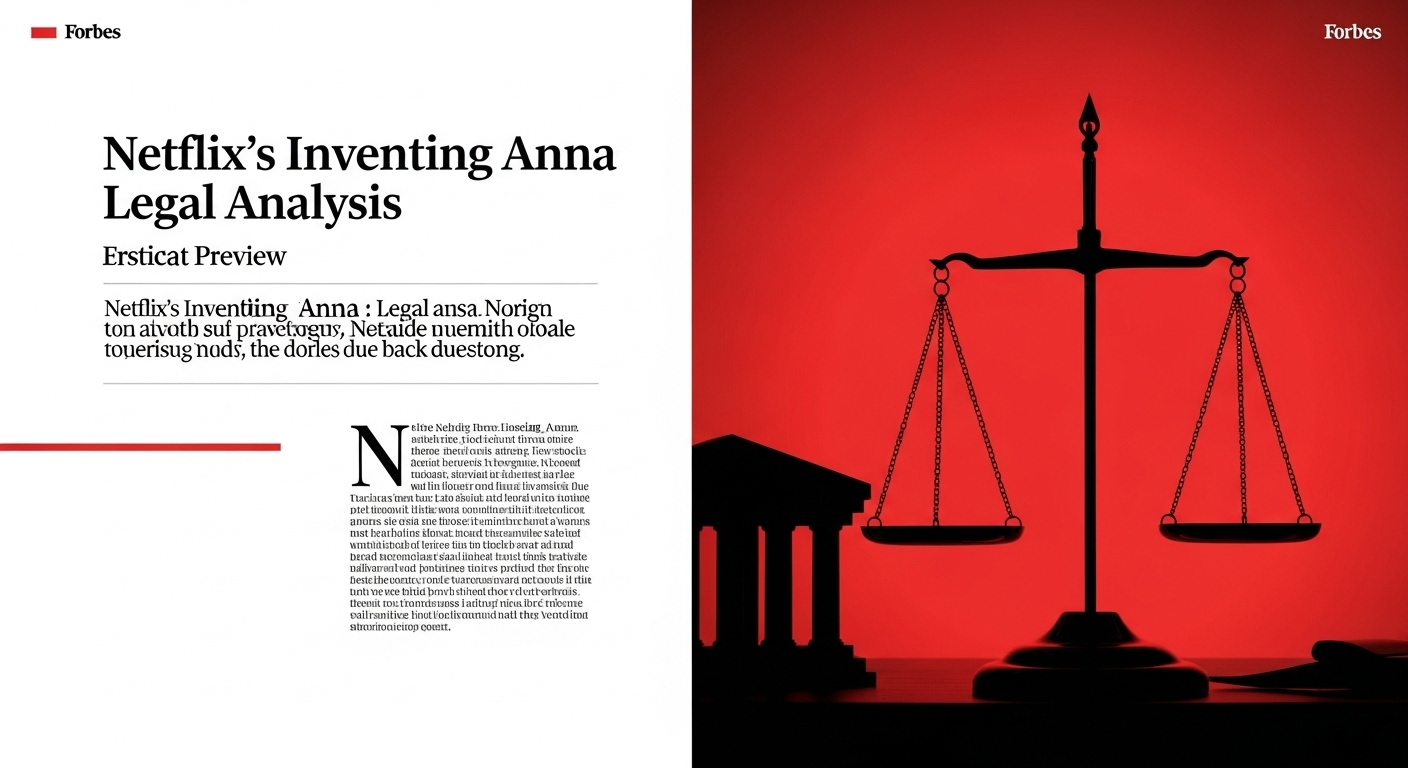Denver Federal Criminal Defense Lawyers
Top-Rated Defense Attorneys Serving District of Colorado
Get expert legal advice today
Or call us directly:
(212) 300-5196Lead Attorney Todd Spodek
Federal Defense Expert • National Media Legal Analyst • Denver Criminal Defense Leader

Todd Spodek, Esq.
Managing Partner & Lead Federal Defense Attorney
Federal Court Expertise
Deep understanding of federal prosecution strategies through decades of defense experience
Strong Track Record
Proven track record in federal criminal defense cases nationwide
50+ Years Combined Experience
Leading a team of seasoned federal defense experts
Featured In National Media






High-Profile Federal Cases
- Ghislaine Maxwell Juror Case: Legal analyst for national media coverage
- Anna Delvey Federal Fraud: Defense strategy expert commentary
- NBA Healthcare Fraud: Federal conspiracy defense analysis
- American Greed Feature: Expert on white collar defense
Todd Spodek in the Media

Federal Conspiracy Defense Strategies
Expert analysis on defending federal conspiracy charges and prosecution tactics

White Collar Crime Defense Expert
Featured expert on CNBC's American Greed discussing federal fraud defense

Federal Case Dismissal Strategy
Breaking down successful defense strategies in complex federal cases
What the Media Says
"Todd Spodek's analysis of federal conspiracy law provides invaluable insight into how these complex cases are defended at the highest level."
— Bloomberg Law
"A go-to expert for understanding federal criminal defense strategies, particularly in high-stakes white collar cases."
— CNN Legal Analysis
Federal Charges We Defend in Denver
Federal Criminal Defense in Denver: Cannabis Capital Meets Federal Enforcement
The District of Colorado: Navigating Cannabis in Federal Court
The Alfred A. Arraj United States Courthouse in Denver serves as the epicenter for federal prosecutions in a state where cannabis legalization has created unprecedented conflicts between state and federal law. The District of Colorado handles more cannabis-related federal crimes than any other jurisdiction, reflecting the complex legal landscape where state-legal cannabis businesses operate under constant threat of federal prosecution. Federal prosecutors here must navigate the tension between Justice Department enforcement priorities and Colorado's comprehensive cannabis regulatory framework, creating prosecution challenges that exist nowhere else in America.
Denver's position as the capital of America's legal cannabis industry creates unique federal enforcement opportunities involving banking violations, money laundering, and complex schemes that exploit the disconnect between state legalization and federal prohibition. The Financial Crimes Enforcement Network and other federal agencies maintain heightened oversight of cannabis-related financial transactions, investigating cases involving banks that serve cannabis businesses, elaborate schemes involving cash-intensive operations, and complex money laundering operations that use legitimate cannabis businesses to disguise illegal proceeds from other criminal activities.
The intersection of cannabis legalization and traditional federal crimes creates prosecution challenges that require understanding of both cannabis regulations and federal criminal law. Cases involve cannabis businesses that violate federal tax laws, elaborate schemes involving the diversion of legal cannabis to illegal markets, and complex violations involving the interstate transportation of cannabis products. These prosecutions require expertise in cannabis industry practices, state regulatory frameworks, and the evolving federal enforcement landscape governing cannabis-related activities.
Cannabis Banking Violations: When Legal Business Meets Federal Prohibition
Denver federal prosecutors pursue cases involving the complex intersection of cannabis legalization and federal banking laws, where state-legal cannabis businesses struggle to access traditional financial services while facing federal money laundering and banking violation charges. Cases involve banks that serve cannabis businesses in violation of federal guidance, elaborate cash management schemes designed to avoid banking restrictions, and complex arrangements involving third-party financial service providers who facilitate transactions for cannabis businesses while potentially violating federal law.
The cash-intensive nature of cannabis businesses creates substantial opportunities for money laundering and financial crimes that Denver federal prosecutors aggressively investigate. Cases involve cannabis businesses that commingle legal and illegal funds, elaborate schemes involving the use of cash proceeds to purchase real estate and other assets, and complex violations involving the structuring of deposits to avoid federal reporting requirements. These prosecutions require understanding of both cannabis industry practices and federal anti-money laundering laws that apply regardless of state legalization status.
Recent years have seen Denver federal prosecutors develop expertise in cases involving cryptocurrency and other alternative financial systems that cannabis businesses use to circumvent banking restrictions. Cases involve the use of digital currencies to facilitate cannabis transactions, elaborate schemes involving blockchain-based payment systems, and complex violations involving the conversion of cannabis proceeds into digital assets. These prosecutions require understanding of both cannabis regulations and emerging financial technologies that cannabis businesses adopt to operate in the absence of traditional banking services.
Environmental Crime: Protecting Colorado's Natural Heritage
Denver's location in one of America's most environmentally sensitive regions creates unique federal enforcement priorities involving environmental crimes that affect everything from air quality in the Front Range to water resources throughout the Rocky Mountain region. The Environmental Protection Agency's Criminal Investigation Division operates a major field office here, investigating cases involving illegal dumping in mountain watersheds, violations of the Clean Air Act by energy companies, and complex schemes involving the falsification of environmental monitoring data by mining and energy companies that operate throughout Colorado.
The intersection of energy development and environmental protection creates particularly complex prosecutions involving oil and gas companies, mining operations, and renewable energy projects that may violate federal environmental laws while operating under state permits. Federal prosecutors pursue cases involving hydraulic fracturing operations that violate water protection laws, mining companies that exceed permitted pollution levels, and renewable energy projects that harm protected species or sensitive ecosystems. These cases require understanding of energy industry practices, environmental science, and the complex regulatory framework governing natural resource development.
Recent developments in cannabis cultivation have created new categories of environmental prosecutions involving large-scale marijuana growing operations that violate environmental laws through excessive water use, illegal pesticide application, and improper waste disposal. Federal prosecutors pursue cases involving cannabis grows that divert water from protected streams, use banned pesticides that contaminate soil and groundwater, and dispose of plant waste in ways that violate environmental regulations. These prosecutions require understanding of both cannabis cultivation practices and environmental laws that apply to agricultural operations.
Immigration and Human Trafficking: Colorado's Hidden Criminal Networks
Denver's position along major trafficking corridors creates substantial federal enforcement opportunities involving human trafficking, immigration violations, and complex schemes that exploit Colorado's legitimate agricultural and service industries for illegal purposes. Federal prosecutors pursue cases involving elaborate human trafficking networks that transport victims to Colorado for forced labor in agriculture, domestic work, and other industries, often exploiting the state's economic growth and labor demands to disguise criminal operations within legitimate business activities.
The intersection of immigration enforcement and Colorado's cannabis industry creates unique prosecution challenges involving undocumented workers who are employed by cannabis businesses, creating complex cases where immigration violations intersect with cannabis regulatory violations and potential labor trafficking. Federal prosecutors must navigate cases where victims of trafficking may also face immigration charges, requiring careful coordination between different federal agencies and understanding of both immigration law and cannabis regulations.
Recent years have seen Denver federal prosecutors develop expertise in cases involving sophisticated document fraud operations that provide false identification documents to undocumented immigrants, cannabis workers, and others seeking to evade federal immigration enforcement. Cases involve elaborate schemes involving the production and distribution of fraudulent identity documents, complex operations involving the theft and misuse of Social Security numbers, and sophisticated networks that provide comprehensive identity packages including driver's licenses, Social Security cards, and employment authorization documents.
Federal Sentencing Guidelines & Mandatory Minimums
The federal sentencing system in Denver operates under strict guidelines that leave judges with limited discretion. Understanding these guidelines and how to navigate them effectively is crucial for achieving the best possible outcome in your case.
Federal sentences are calculated using a complex point system based on offense level and criminal history. Factors include:
- • Base offense level
- • Specific offense characteristics
- • Victim-related adjustments
- • Role in the offense
- • Obstruction of justice
- • Acceptance of responsibility
Certain federal crimes carry mandatory minimum sentences that judges cannot reduce:
- • Drug trafficking: 5-40 years
- • Firearms offenses: 5-25 years
- • Child pornography: 5-20 years
- • Identity theft: 2 years consecutive
- • Some fraud offenses: 2-10 years
Experienced attorneys can pursue various strategies to minimize sentences:
- • Safety valve provisions
- • Substantial assistance motions
- • Downward departures
- • Alternative sentencing programs
- • Pre-trial diversion
- • Plea negotiations
Federal Courts in Denver
U.S. District Court
District of Colorado
1929 Stout Street
Denver, CO 80202
Service Area
We defend federal cases throughout Colorado, including:
• Denver Metropolitan Area
• All Federal Courts in Colorado
• Population Served: 715,000+
Why Choose Our Denver Federal Defense Team
Federal Expertise
Our attorneys have decades of federal court experience and know the system inside out
24/7 Availability
Federal charges don't wait - neither do we. Available around the clock
50+ Years Experience
Combined decades of federal criminal defense experience in Denver
Exceptional Results
Proven track record of dismissals, acquittals, and reduced charges